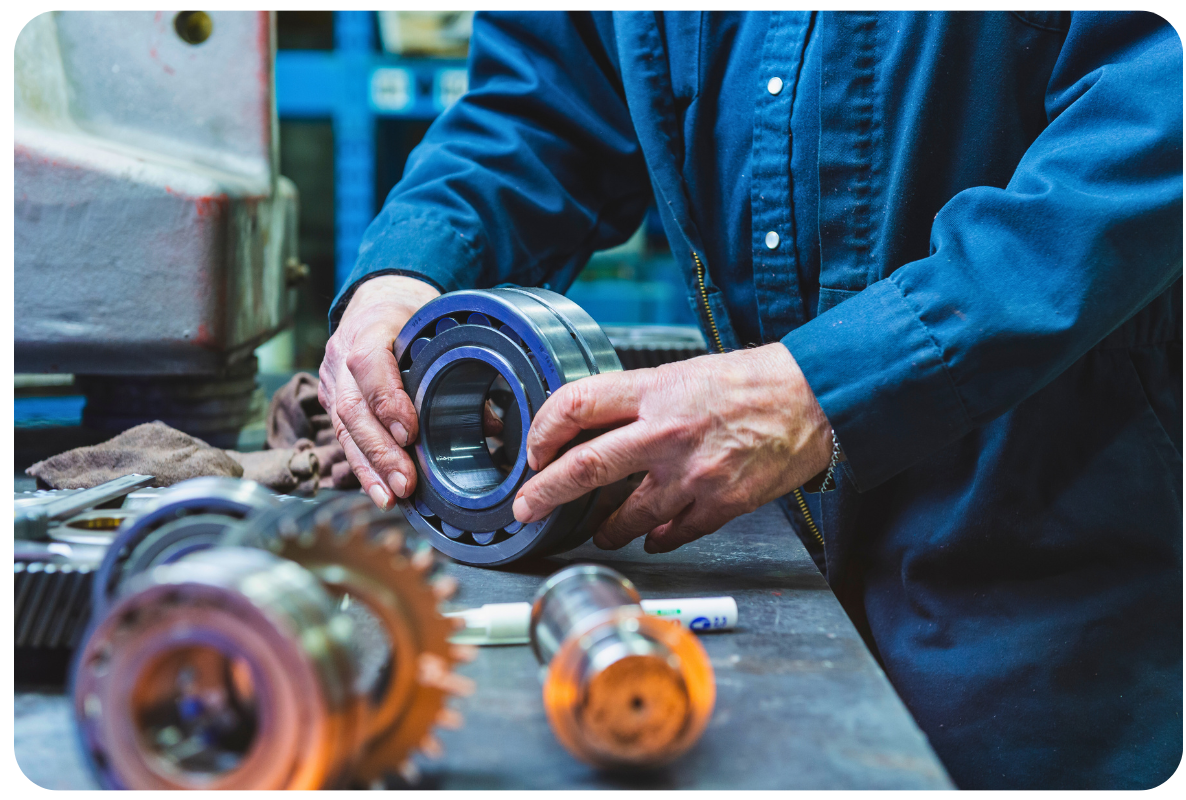
Discover the Most American-Made Cars (2025) and learn how American brands are shaping the future of the automotive industry. Explore now!

Discover the Most American-Made Cars (2025) and learn how American brands are shaping the future of the automotive industry. Explore now!
The Most American-Made Car (2025) is not necessarily the one your grandfather drove or the one featured in vintage ads with bald eagles and waving flags. In 2025, the title is earned through a complex mix of numbers, not nostalgia.
Yes, heritage matters, but what matters more is where the vehicle is assembled, how much of it comes from U.S. and Canadian parts, and how many American workers had a hand in building it. The answers often surprise buyers, because the car topping the rankings this year doesn’t come from the kind of brand most people grew up calling “American”.
For most of the last century, the American automotive industry was dominated by Ford, Chevrolet, and Chrysler. The math was simple: American car brands built their cars in America. Imports came from Japan, Germany, or elsewhere.
That equation fell apart decades ago. By the early 2000s, many U.S. automakers were building popular models in Mexico, Canada, and overseas. At the same time, foreign-owned brands, especially Japanese and Korean automakers, were building huge manufacturing plants on U.S. soil.
This is why a modern most American-made car in 2025 list might feature a Honda or a Kia ahead of certain Ford or Chevrolet models. In fact, 67% of the 2025 Cars.com American-Made Index list is made up of foreign-owned automakers building vehicles in the U.S. (CDG). The lines have blurred to the point where “American” is less about where the headquarters are and more about where the steel is welded, the bolts are tightened, and the paychecks are cut.
Step into the Honda plant in Lincoln, Alabama, and you’ll see the Passport, Odyssey, and Ridgeline rolling down the line. Walk the floor in Volkswagen’s Chattanooga, Tennessee, facility, and you’ll find workers assembling the ID.4 electric SUV. In West Point, Georgia, Kia’s EV6 is built with a growing percentage of U.S.-sourced components.
These plants don’t just make cars; they anchor communities. Restaurants open to serve factory shifts. Schools benefit from tax revenue. Small machine shops down the road take contracts to produce specialized tooling. The ripple effect of domestic assembly goes far beyond the plant gates. That's why it's such an important measure for ranking the most American-made car in 2025.
Two leading resources define what “American-made” means today:
Cars.com American-Made Index (AMI) measures five equally important factors:
Kogod Made in America Auto Index uses a broader seven-part model that also weighs where the automaker is headquartered, where R&D takes place, and how much of the profit stays in the U.S., alongside labor, parts sourcing, and various component origins.
Both highlight that “American-made” is not just about the badge on the hood but about how deeply a model is tied to domestic production.

Think of final assembly as the heart of making cars in the United States. It’s where welders, electricians, robotics technicians, and quality inspectors work side by side. Moving this stage offshore can hollow out an entire region’s economy.
In 2025, some of the most important U.S. production hubs include:
Each is more than a dot on a map; it’s a hub of American car ownership, supporting jobs from suppliers to dealerships.
This year’s Cars.com American-Made Index puts Tesla in a commanding lead:
(Note: The Volkswagen ID.4, assembled in Chattanooga, Tennessee, ranks just outside the top 10 at No. 11 but is still a significant contributor to U.S. EV manufacturing jobs.)
The Most American-Made Car (2025) list isn’t about bragging rights. It’s about where your money goes when you sign the paperwork.
Every car made in the U.S. helps the economy in many ways, including workers at the plant, suppliers, logistics companies, and local businesses.
A large number of domestic parts makes it less likely that shipping delays, geopolitical tensions, and currency fluctuations will happen.
Building closer to the point of sale cuts down on carbon emissions before the car even gets to the customer.
The fact that Tesla took all four of the top spots shows how concentrated EV manufacturing can be in the U.S. From battery packs to body shells, much of the work happens stateside.
Kia’s EV6 and Volkswagen’s ID.4 show that foreign-owned brands can build competitive EVs entirely in the U.S., often using American battery suppliers and regional parts networks.
Detroit is still an important centre for business, but states like Georgia, Tennessee, and Texas are getting billions of dollars in electric vehicle investment because of tax breaks, good roads, and skilled workers.

If you want to buy the most American-made car in 2025 or one that’s very close, don't just look at the brand name. Ask:
These questions cut through marketing and give you a clear view of the vehicle’s real impact on American car ownership.
The Tesla Model 3 is at the top of the list of the best American-made cars in 2025, but the rankings show that many different brands are making great American-made cars. Honda, Jeep, Volkswagen, and Kia all have models that contribute heavily to the American automotive industry.
Buying American-made in 2025 is about doing your homework. Don't just look at the badge. Learn about the supply chain and pick a model that supports jobs, boosts the economy, and fits the kind of car ownership you want in America. And after you find the right car, you should think about how to keep it safe for a long time.
Chaiz and other platforms make it easy to compare extended vehicle protection plans online. This way, you can keep your American-made car on the road for years to come.

Live quotes in <10 seconds

Best-price guaranteed
5K+ customers trust us